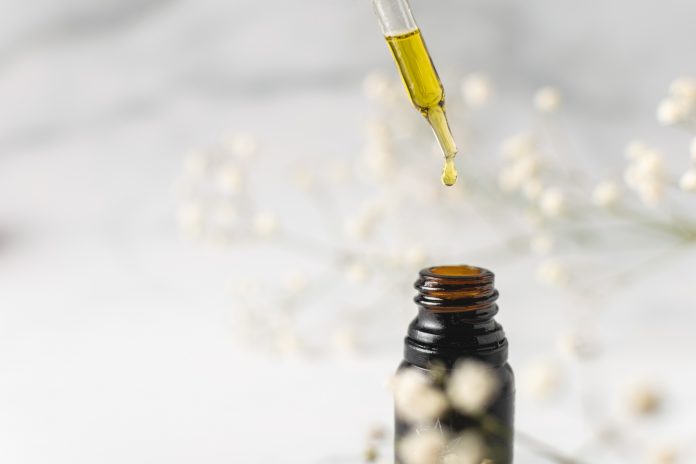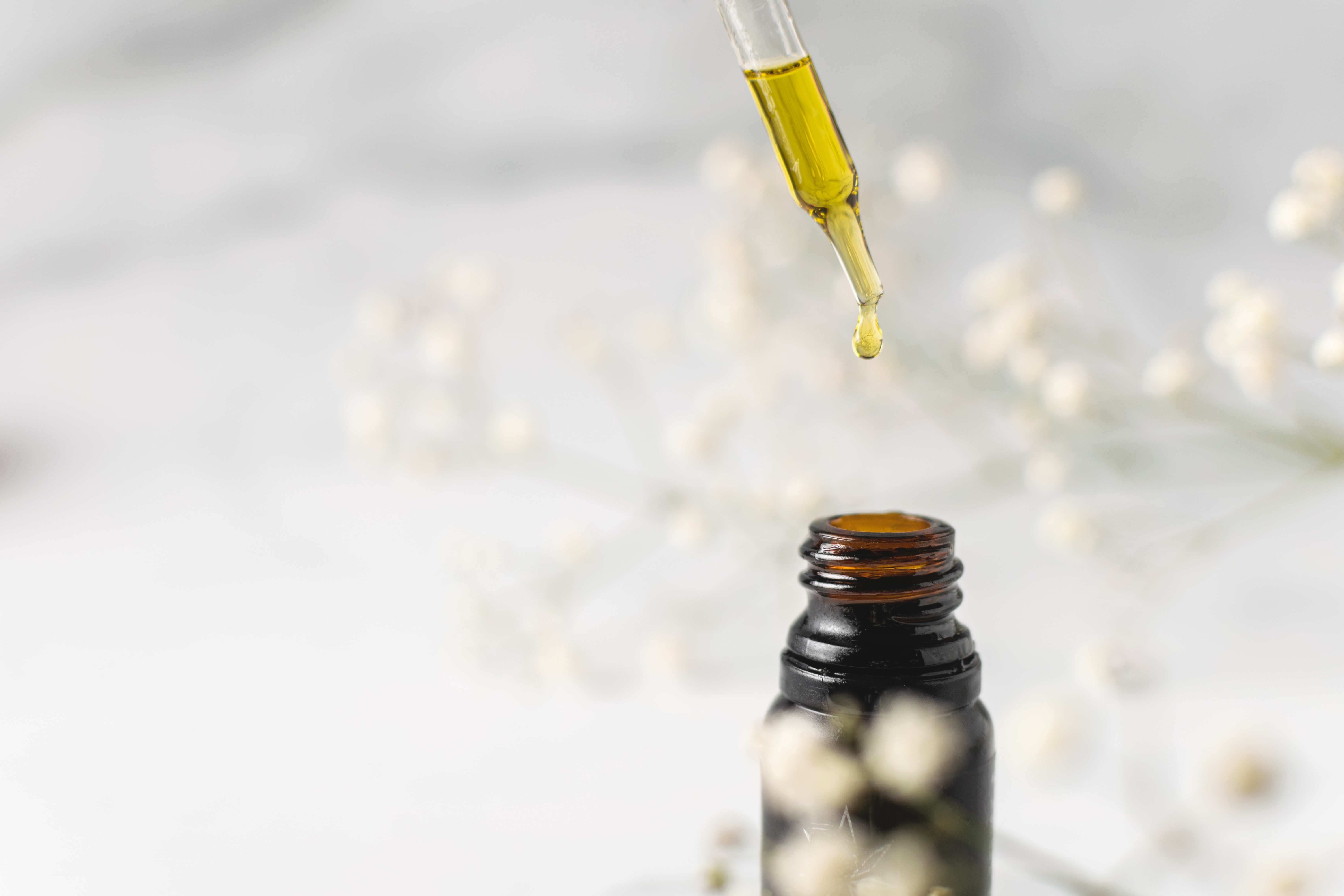In recent years, the cannabis industry has seen a surge in popularity and mainstream acceptance, thanks in part to the growing interest in two of its most prominent compounds: CBD and THC. Both CBD and THC are cannabinoids found in the cannabis plant, but they have distinct properties and effects on the human body. They’re also found in a range of products, like CBD oil, capsules, CBD tea and edibles. In this blog, we will explore the key differences between CBD and THC, shedding light on their respective characteristics, applications, and legal status.
Chemical Composition
CBD and THC are both naturally occurring compounds found in the cannabis plant, known scientifically as Cannabis sativa. They belong to a class of compounds called cannabinoids, which interact with the endocannabinoid system in the human body. However, their chemical structures are remarkably different, resulting in varying effects when consumed.
- CBD: CBD is a non-intoxicating cannabinoid that does not produce the “high” typically associated with cannabis use. It is extracted from hemp plants, which contain only trace amounts of THC, making it legal in many regions.
- THC: THC, on the other hand, is the primary psychoactive compound in cannabis responsible for the euphoric sensations users experience. It is derived from marijuana plants, which contain higher levels of THC, and its psychoactive nature has led to various legal restrictions in many parts of the world.
Psychoactive Properties
One of the most significant differences between CBD and THC lies in their psychoactive properties.
CBD: As mentioned earlier, CBD does not produce any intoxicating effects. Instead, it is known for its calming and relaxing properties, making it an appealing option for individuals seeking relief from stress, anxiety, and even certain types of pain. Moreover, CBD is often considered safe for most users, as it does not cause addiction or dependency.
THC: THC is renowned for its psychoactive effects, which can alter perception, mood, and cognition. These intoxicating properties have led to its recreational use, but they also come with potential side effects such as increased heart rate, anxiety, and impaired memory. THC’s intoxicating nature also raises concerns about addiction and dependency for some individuals.
Medical Applications
Both CBD and THC have shown promise in the field of medicine, but their applications differ significantly.
CBD: Over the years, CBD has gained attention for its potential therapeutic effects. Studies suggest that CBD may have anti-inflammatory, analgesic, and neuroprotective properties, making it a candidate for treating conditions such as epilepsy, chronic pain, and certain neurological disorders. Additionally, the World Health Organization (WHO) has stated that CBD exhibits no potential for abuse or dependence.
THC: Despite its psychoactive nature, THC also has medical applications. It is often used to alleviate pain, reduce nausea and vomiting in cancer patients undergoing chemotherapy, and stimulate appetite in individuals with eating disorders or HIV/AIDS. However, the potential for abuse and its mind-altering effects have limited its widespread medical use.
Legal Status
The legal status of CBD and THC varies significantly depending on the country and its specific regulations.
CBD: In many parts of the world, CBD derived from hemp (with less than 0.3% THC content) is legal for both medical and recreational use. However, some regions still have strict regulations, so it is essential to check local laws before purchasing or using CBD products.
THC: The legality of THC depends on its source (marijuana or hemp) and the amount present in the product. In some countries, marijuana is fully legal for both medical and recreational use, allowing access to THC-rich products. In contrast, in others, THC is heavily restricted or illegal due to its psychoactive effects.
Understanding the differences between CBD and THC is crucial for making informed decisions about their use. While both cannabinoids offer potential benefits, they have distinct properties that cater to different needs. CBD provides a non-intoxicating option for relaxation and potential therapeutic effects, while THC offers a psychoactive experience and has specific medical applications. As the cannabis industry continues to evolve, further research and education will empower individuals to make responsible choices that align with their health and wellness goals.




